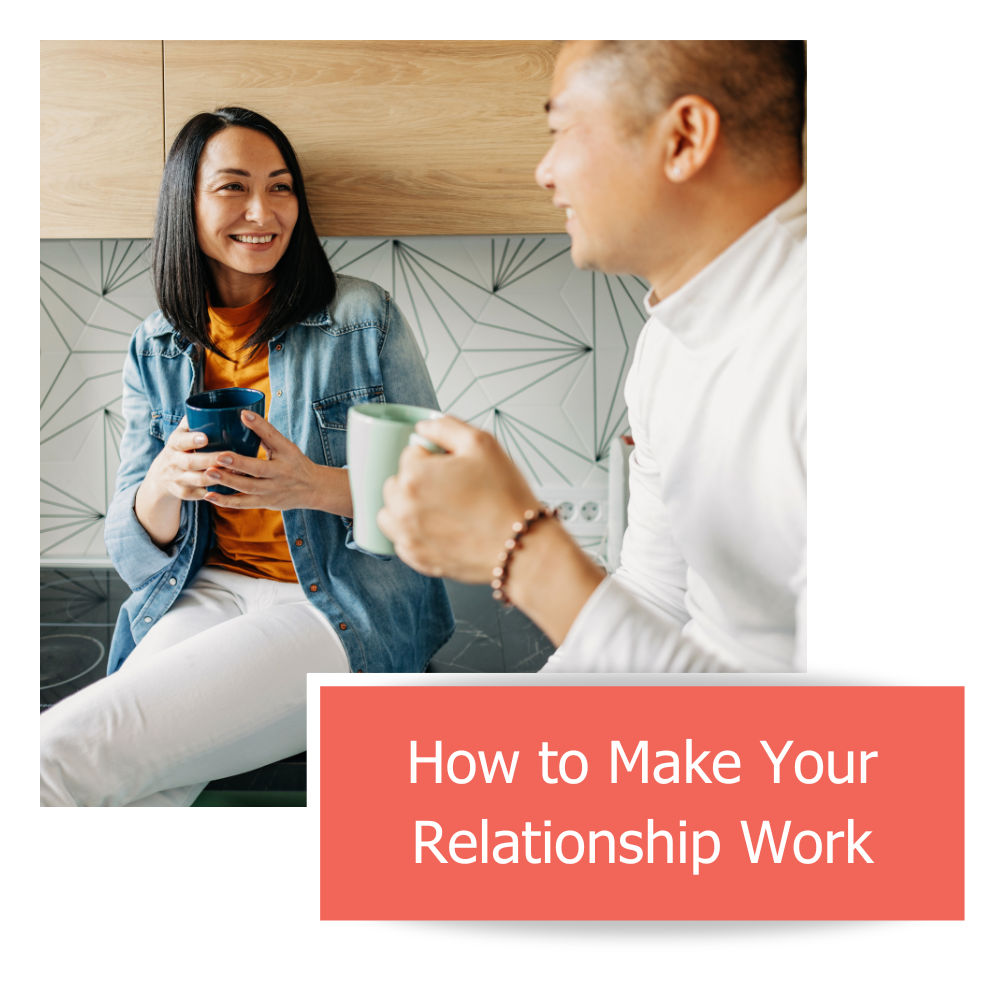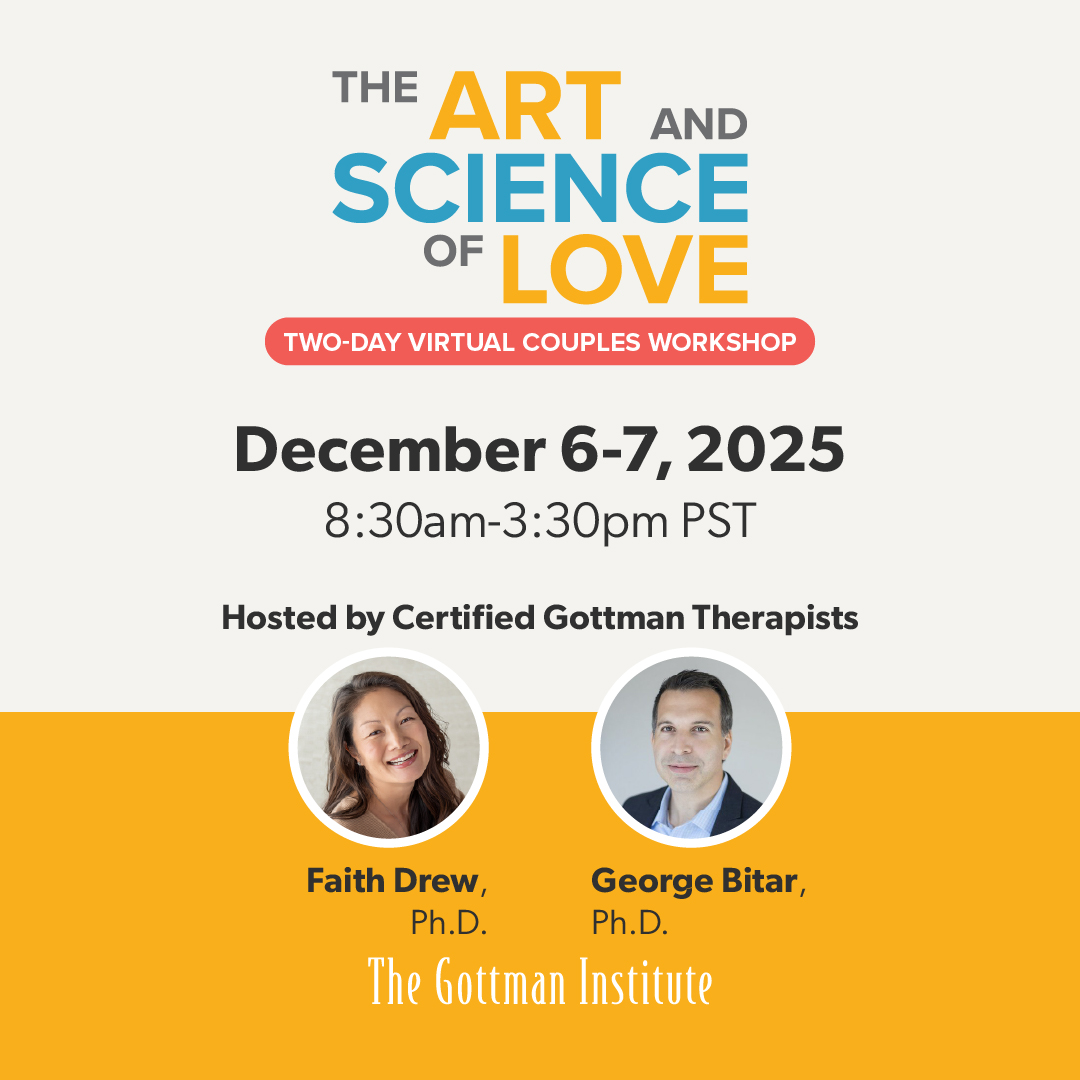I am a realist. Often people describe us as half-glass-empty-people, but I say I describe the glass as it is. In actuality.
In my life this looks like a lot of direct communication, analysis, and planning. I plan for what I think will happen, not what I hope will happen or fear might occur. If I am wrong then I adjust my understanding of the situation and plan accordingly for next time.
I see this as a strength in my marriage. For example, on our annual trip to the east coast for the holidays with my husband, I am typically the one who sets our itinerary and keeps track of time.
Last year, we planned to tour the historic city of Plymouth, Massachusetts. On the day of the trip, we left late and it started raining on our drive out of Boston. It was pouring by the time we arrived in Plymouth. Frustrated, I recognized my idyllic picture of us enjoying the quaint coastal town under the warm glow of the autumn sun was, while not ruined, definitely not going to be as comfortable. The realist in me accepted the circumstances.
I was most definitely not grateful for the change in plans. I had a vision and knew what our day could have been.
Yet as a couples therapist specializing in the Gottman Method, my approach to improving relationships teaches that gratitude is good for us. So I knew that a change in perspective could change my experience of the day.
It made me think about a New York Times article in which Arthur C. Brooks reminds us that, “for many people, gratitude is difficult, because life is difficult. Even beyond deprivation and depression, there are many ordinary circumstances in which gratitude doesn’t come easily.” Yes! Thank you, Brooks. Maybe like rain on the day you tour the historic town of your ancestors?
Brooks makes three key points that put my realism in perspective:
1. Choosing to be thankful makes us more thankful
When practicing gratitude our brain releases chemicals that make us less stressed, and in turn, more thankful. Our brain does not distinguish if this gratitude is overwhelming and robust, or simply a new attempt. All that matters is the intentional act of giving thanks. In his research lab, Dr. Gottman discovered that successful couples create a culture of goodwill and purposefully strive to see each other through rose-colored glasses.
2. Gratitude positively impacts our relationships
When teaching couples how to communicate effectively, a key element is to avoid criticism and defensiveness. Dr. Gottman and Brooks agree that when you interact with others beginning from a place of gratitude, it lowers their defenses, makes them more willing to work together, and generally have a more positive conversation.
3. Habits of gratitude can start small
Brooks encourages his readers to have “interior gratitude, exterior gratitude, and gratitude for useless things.” The last one is the most interesting and the least difficult. Being thankful for small aspects of our life and our relationships – a cozy sweater, a warm cup of coffee, the comfort of holding hands.
As my husband and I stood in the pouring rain, shoes soaked and behind schedule, we walked along the waterfront and saw a covered market. Live music was playing inside and the smell of local food lured us in. We walked around trying local food samples, touching soft wool of handmade goods, and watching locals interact with their neighbors.
We walked out and my husband turned to me and said, “Wasn’t that amazing? Thanks for letting us stop in.” It was quick comment, one he has made a thousand times. This was my moment to start small. So, like Brooks encourages, I decided to “rebel against the emotional authenticity that holds me back from bliss,” turned toward my husband and said, “You are right, that was amazing. Thanks for encouraging us to go in.” The comment wasn’t quite automatic, it wasn’t quite realistic, but it did help frame the day in a whole new way.








